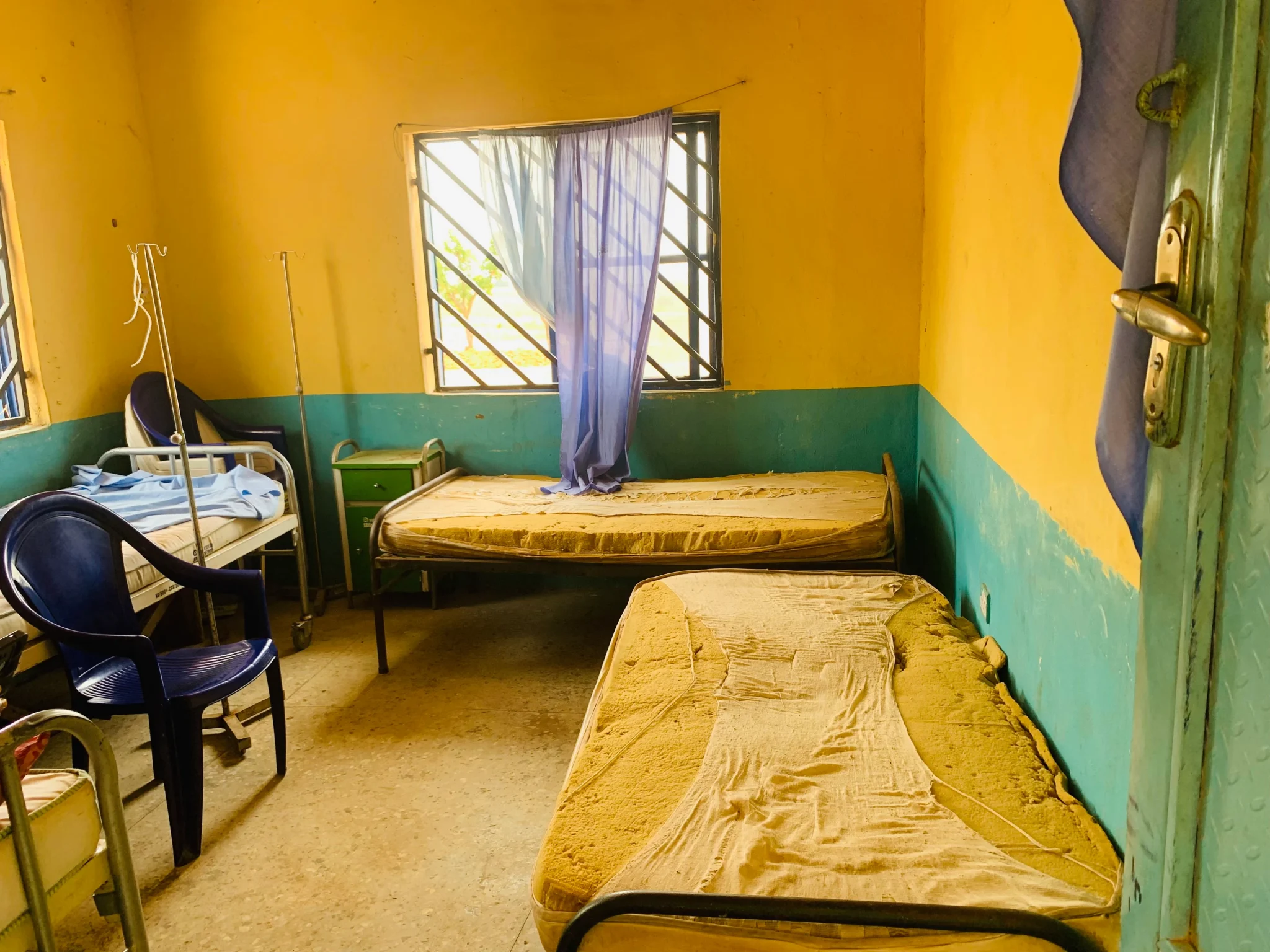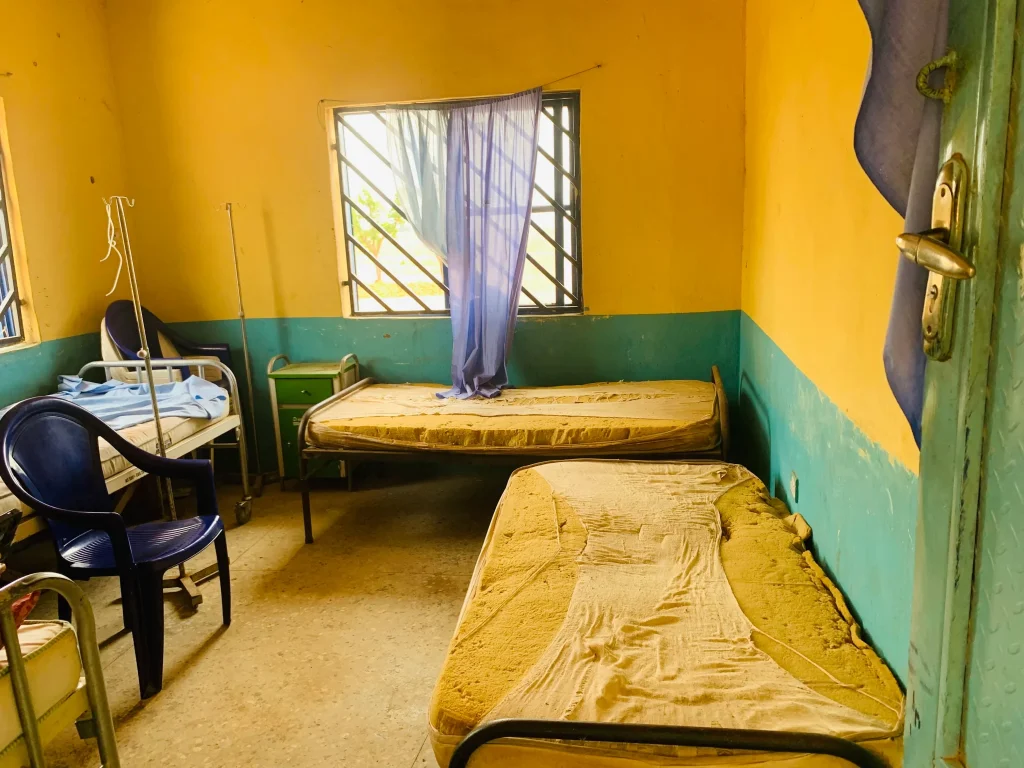
Source: Muslim Muhammad Yusuf

The Nigerian government has renewed its call for urgent reforms in the country’s correctional health system, citing critical challenges such as overcrowding, rising infectious diseases, and weak healthcare structures in custodial facilities.
This position was made clear during the United Nations Development Programme (UNDP) High-Level Observatory on Public Health Custodial Services, which opened in Abuja on Wednesday. The two-day event convened key stakeholders from the Federal Ministries of Justice, Health, and Interior, alongside international development partners such as the Global Fund and leading civil society organizations, to chart a sustainable path for prison health reform in Nigeria.
Delivering remarks on behalf of the Attorney General of the Federation and Minister of Justice, Mr. Lateef Fagbemi (SAN), the Director of Public Prosecution, Mr. B.O. Babandoko, emphasized the deep connection between justice, health, and human dignity.
“The growing burden of HIV, TB, hepatitis, and mental health conditions within correctional facilities demands more than just a medical response,” he said. “We must tackle systemic drivers such as congestion, resource gaps, and poor continuity of care.”
He noted that ensuring the health of incarcerated individuals is not just a matter of internal reform, but a public health priority, as many inmates eventually return to society.
Also speaking at the event, Mr. Ibrahim Tajudeen, Executive Secretary of the Country Coordinating Mechanism Nigeria (CCMN), highlighted the country’s progress in health-related interventions. He revealed that since 2002, Nigeria has received over $4.8 billion from the Global Fund, with $3.9 billion disbursed to fight HIV, TB, and malaria, and strengthen broader health systems.
While acknowledging Nigeria’s historical struggles in health and human rights within prisons, Tajudeen noted encouraging progress in recent assessments. “We’ve moved from a baseline of weak coordination to measurable progress,” he said.
Elsie G. Attafuah, UNDP Nigeria’s Resident Representative, reaffirmed the organization’s role in bridging sectors to address governance and healthcare gaps in Nigeria’s correctional system.
“Correctional facilities must transition from centers of exclusion to places where rehabilitation, healthcare, and dignity are prioritized,” she stated.
Meanwhile, Oluwafisayo Fakayode, Human Rights and Law Adviser at UNAIDS Nigeria, urged that any reform efforts be grounded in international human rights frameworks. She cited the International Covenant on Civil and Political Rights (ICCPR) and the UN Standard Minimum Rules for the Treatment of Prisoners (Nelson Mandela Rules) as critical legal guidelines.
“Detention must never strip individuals of their rights to health and dignity,” she affirmed.
As Nigeria continues to address the many health challenges within its correctional institutions, the government and its partners stress that public health, national security, and human rights must be treated as interconnected priorities. The Abuja meeting is expected to produce actionable, rights-based recommendations that will be mainstreamed into national policies and practices.
With sustained investment, coordination, and a renewed focus on human dignity, the reform of Nigeria’s correctional health system may well become a reality.